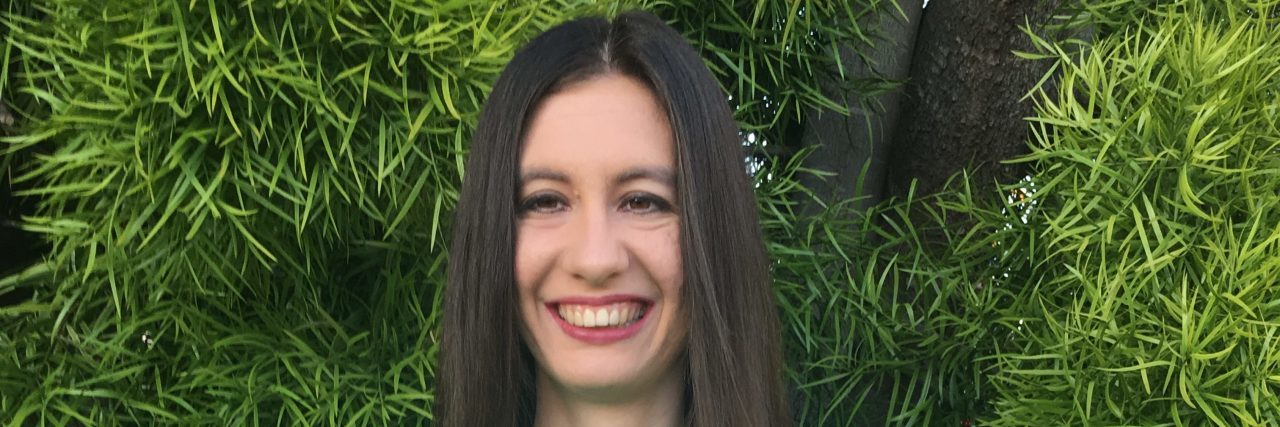Last week, I eagerly delved into Keah Brown’s debut release, “The Pretty One.” In her book, Brown, an African-American woman with hemiplegia cerebral palsy, recounts her journey towards self-acceptance through a series of personal narratives that explore the intersection of disability, race and feminism in her life.
As a 20-something woman with hemiplegia cerebral palsy myself, I found myself captivated by Brown’s experiences. I had never before seen my emotions — the grief, the self-hatred, the gradual acceptance of a disabled body — so poignantly enumerated in print. I had never heard anyone so aptly describe the feeling of “otherness” inherent in life with a disability, the overwhelming weight of strangers’ stares and comments. But despite the fact that “The Pretty One” prominently featured a woman with my diagnosis on the cover, despite how deeply Brown’s emotions reflected my own, I wanted more. An effortless representation of “the mildest of the mild.” A story of walking the perilous line between disabled and non-disabled, invisible and visible disability. A story that perfectly reflects the nuances of my life with cerebral palsy.
My personal manifestation of cerebral palsy often feels virtually nonexistent, both in the media and the world as a whole. Although my slightly unusual gait feels abundantly conspicuous to me, strangers rarely notice I’m disabled. I escape many of the invasive glances and comments that typically seem to define life with my condition. People from all walks of life speak to me, not over me. To the best of my knowledge, not once has a potential romantic partner rejected me on the basis of my disability alone, likely because my condition largely goes unnoticed. And naturally, my unique brand of nearly invisible cerebral palsy flies under the radar in the books, articles and advertisements I voraciously consume. After all, if society can’t see my disability, how can it be clearly, conspicuously represented in the media?
As I’ve spent a lifetime soaking up representations of people who alternately seem either too “able-bodied” or too “disabled” to reflect my life, I’ve come to discover a valuable, yet profoundly disturbing truth: If I want to see my personal presentation of disability in the media, I need to become my own media representation. Unless someone else in an extremely similar position wholeheartedly speaks my truth, it’s my responsibility to shed light on life “in the shadows,” to educate others about the nuances of “passing” as able-bodied despite living with cerebral palsy. No one can share my experiences with disability to a T, so I must write, advocate and speak on my behalf, not only for the sake of my own inner peace, but also to reassure “the mildest of the mild” that they aren’t alone.
In the spirit of providing mild, nearly invisible cerebral palsy some rare, much-needed PR (and establishing a media representation that accurately reflects my life), I recently took up an offer to give a radio interview about my experience as an “able-bodied passing” woman with cerebral palsy. Although I feel a twinge of sadness that the first person I’ll hear on the radio with a story like mine isn’t another person with “invisible” CP, I know I should take comfort in the fact that I’m breaking new ground in media representation, which could help others who struggle with “passing” as able-bodied feel less alone.
My experiences cannot possibly resonate with everyone with cerebral palsy, but I’m proud to finally create the media representation of disability I wish existed when I was younger and extend it to those in similar situations. I hope that someday, every person with a disability, regardless of manifestation, classification or severity, will see themselves reflected in others’ stories. Until that day comes, I’ll continue sharing my experiences with barely perceptible cerebral palsy, in the hope that somewhere, someone will find the representation they’ve been searching for in my story.

